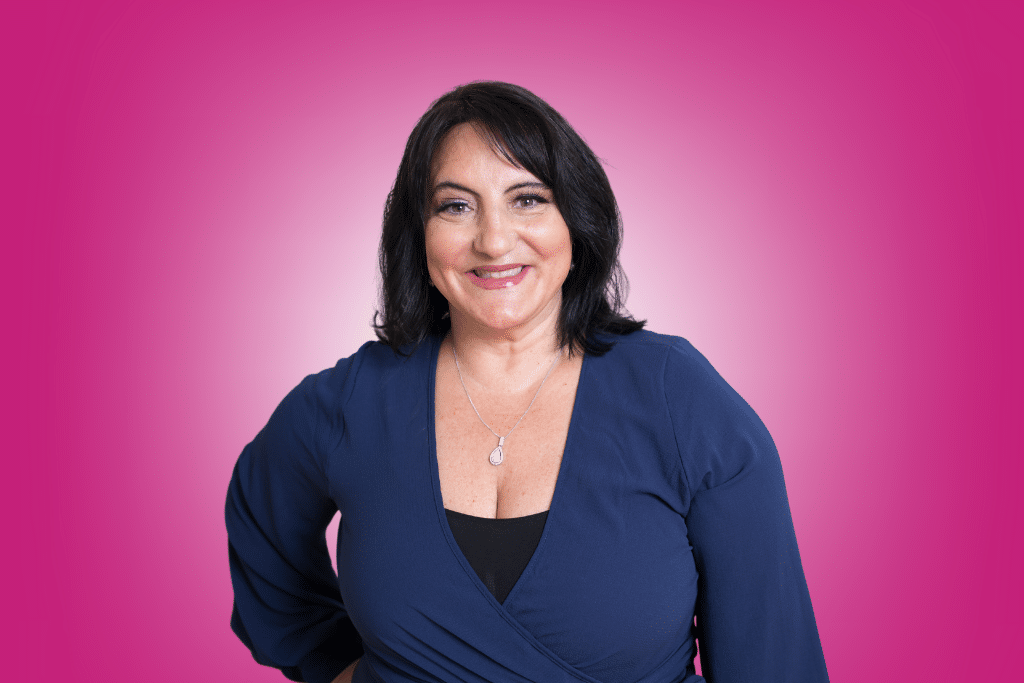Rejection sensitive dysphoria (RSD) represents a significant yet frequently overlooked challenge experienced by many children, especially those with neurodivergent conditions like ADHD. As it often flies under the radar, it may lead parents, educators, and even mental health professionals to overlook its presence, resulting in undiagnosed or untreated emotional distress in affected children. It is therefore crucial for parents to adapt their parenting approach and provide coping mechanisms suited to the unique needs of these children, rather than relying solely on discipline to alleviate their reactivity. That’s why this episode is important for you!
Calming children's brains with magnesium and other techniques.
In addressing rejection sensitive dysphoria (RSD), it's essential for parents to employ emotional language and validate their child's feelings, acknowledging their struggles without necessarily agreeing with them. This approach fosters understanding and support for children experiencing heightened emotional reactivity. Many individuals have reported significant improvements after incorporating magnesium supplementation, often noticing positive changes within a week or two. Its natural and non-invasive nature makes it an appealing option for individuals seeking sustainable solutions to their mental well-being. As more people experience the transformative effects of magnesium supplementation, the importance of integrating natural remedies into mental health care becomes increasingly evident. Creating a calm environment and establishing routines can also help reduce anxiety for children with rejection sensitive dysphoria and other neurodivergent individuals. By minimizing chaotic or unpredictable elements in the environment, such as loud noises or sudden changes, caregivers can help reduce anxiety levels and create a space where individuals feel more secure and able to cope effectively. Establishing routines further contributes to a sense of stability and control for neurodivergent individuals. Predictable daily schedules can help regulate emotions and behaviors by providing a clear framework for activities and transitions throughout the day. Visual schedules, in particular, can be helpful for individuals who benefit from visual cues or struggle with executive functioning challenges, allowing them to anticipate upcoming events and better cope with their environment.
Parenting emotionally dysregulated kids.
Instead of telling children to toughen up, it's crucial to teach problem-solving skills and provide emotional validation. Positive reinforcement plays a pivotal role in shaping behavior, especially for children prone to negative perceptions and misperceptions associated with rejection sensitive dysphoria. By highlighting small successes and guiding them through challenging moments, caregivers can help children build confidence and resilience. Fostering a strong parent-child relationship is crucial, particularly for children with rejection sensitive dysphoria or those prone to dysregulation. A strong parent-child bond encourages open communication, allowing children to express their feelings and concerns freely. This communication helps parents understand their child's experiences and challenges, enabling them to provide appropriate support and validation. Spending quality time engaging in activities that interest and self-regulate the child fosters positive connections and strengthens the parent-child relationship. These strategies are beneficial not only for children diagnosed with RSD but also for any child prone to resistance and dysregulation. For those seeking support with rejection sensitive dysphoria, I offer science-backed guidance, tools, and resources to support you and your well-being. You can get the FREE Solutions Matcher to find out how we can help.
Check out the following posts for more information:
● Behavioral Iinterventions ADHD
● Rejection Sensitive Dysphoria and ADHD
● 10 Essential Coping Skills for ADHD Kids
● 11 Emotional Regulation Activities for Children
● ADHD Self Regulation Strategies
● Fostering Emotional Regulation
Links and Resources:
➡️ Join our FREE Natural Parenting Community to receive science-backed resources for your child and family. Join here.
➡️ Get help from Dr. Roseann and her team. Apply here.
➡️ “Is it ADHD or something else?” Take the quiz.








